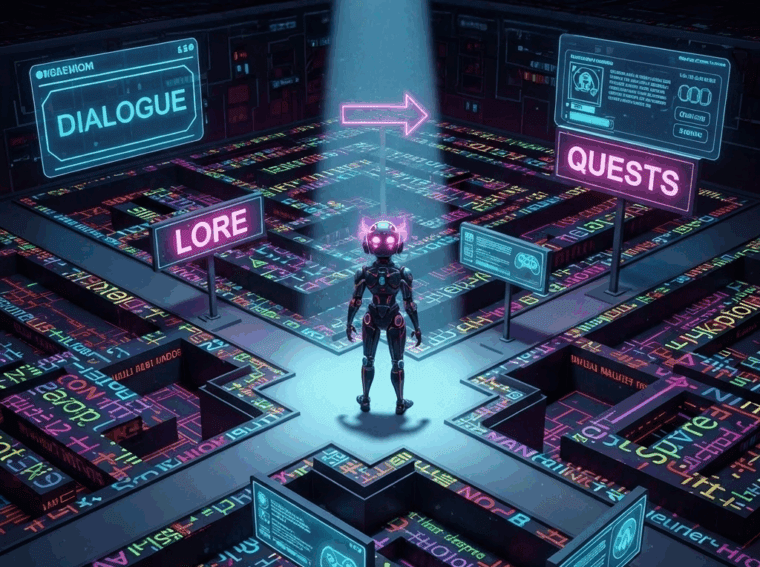How I Play for Immersion, Not Just Action
When I start a new game, I don’t just look at the graphics or the combat. I ask myself:
“What language should I hear this world in?”
It might sound like a small detail, but for me, the spoken language in a video game can change the whole experience. It’s not about being flashy—it’s about respecting the world the game was built in.
Why I Match the Language to the World
Take Sekiro, for example. A game rooted in feudal Japan, drenched in samurai code and spiritual myth. Playing that in English felt off. Switching to Japanese audio brought it all to life—the honor, the tension, the atmosphere.
Or A Plague Tale: Requiem—a game steeped in medieval French history and scenery. Naturally, I went with French voice-over. Suddenly, the emotion felt more real, the world more grounded. The same goes for Red Dead Redemption, where American English just fits the gritty Wild West vibe, and Black Myth: Wukong, which absolutely sings in Mandarin Chinese—it feels like playing an epic poem.
It’s not about stereotypes. It’s about immersion. Hearing characters speak in a language that fits their world helps me feel like I’m in that world—not just pushing buttons from the outside.
Ghost of Tsushima: My Turning Point
I remember my first playthrough of Ghost of Tsushima. I played it in English. Great voice acting, no doubt—but something didn’t feel right. The second time, I switched to Japanese audio with English subtitles.
That changed everything. The pacing, the tone, even how I interpreted silence.
It just hit deeper.
The Bonus Perk: Language Learning Through Games
I speak five languages, and gaming has helped sharpen them in unexpected ways.
It’s not academic, sure—but on a conversational level, it works.
You pick up expressions, tone, cultural mannerisms.
It’s not just gameplay—it’s language exposure.
So when I play in a different language, I’m not just learning how to parry or combo—I’m learning how people talk, react, and express in a new tongue.
The Challenge: Subtitles and Focus
The only downside? Reading subtitles while dodging attacks.
It can be tricky. Sometimes you’re so focused on the dialogue, you miss the action—or vice versa. But to me, that’s part of the challenge I actually enjoy.
You’re not just reacting—you’re absorbing. Listening. Paying attention.
Final Thoughts
Choosing the spoken language in a video game isn’t about being fancy or different. It’s about respecting the art and setting. It’s about immersion, culture, and challenge.
If you’ve never tried it, pick a game with strong cultural roots. Switch the language. Add subtitles. Feel the shift. You might find that the game doesn’t just sound better—it means more. Because when a game is built with love for its world, the least I can do is meet it in its native tongue.

